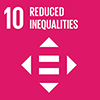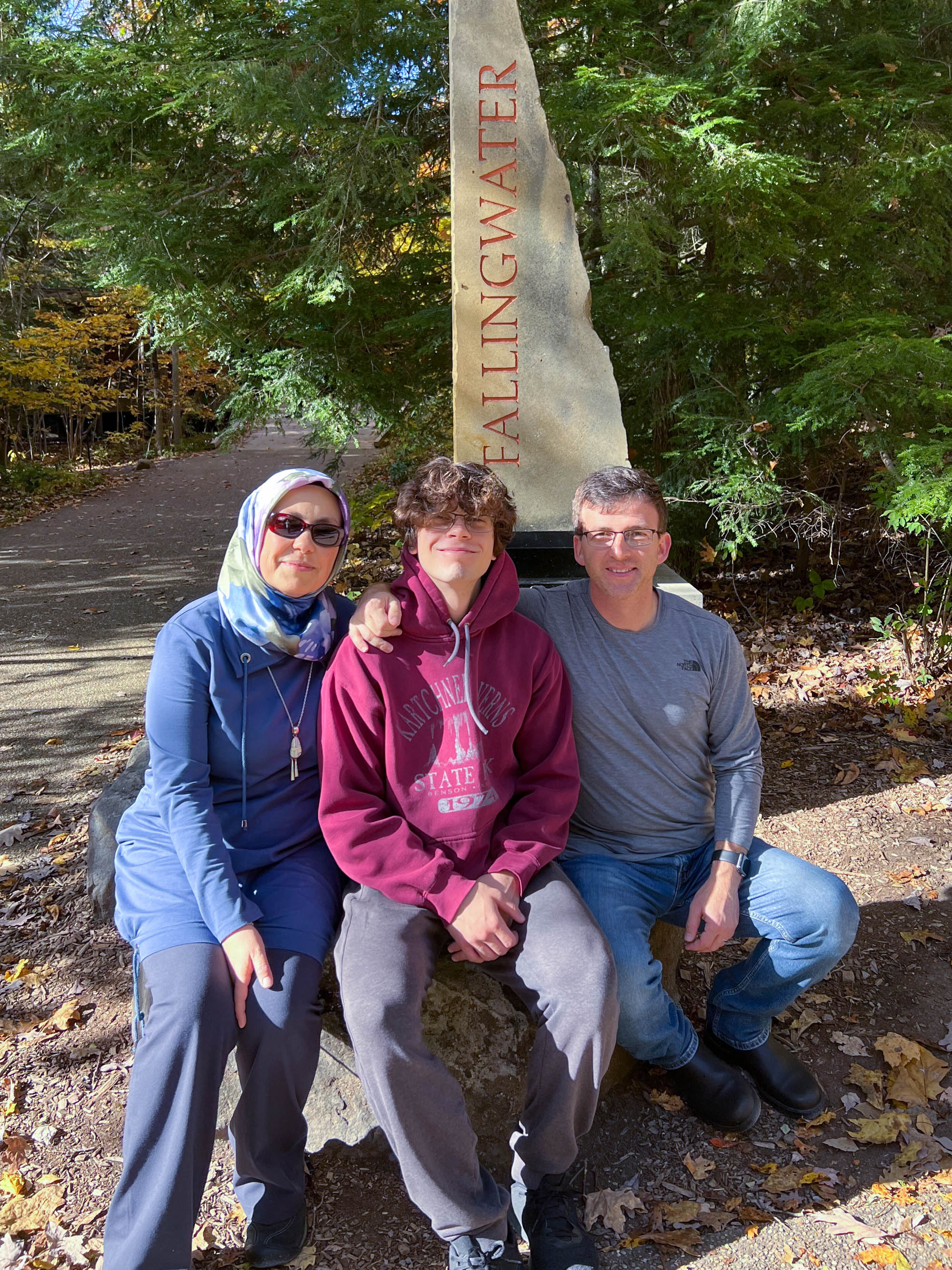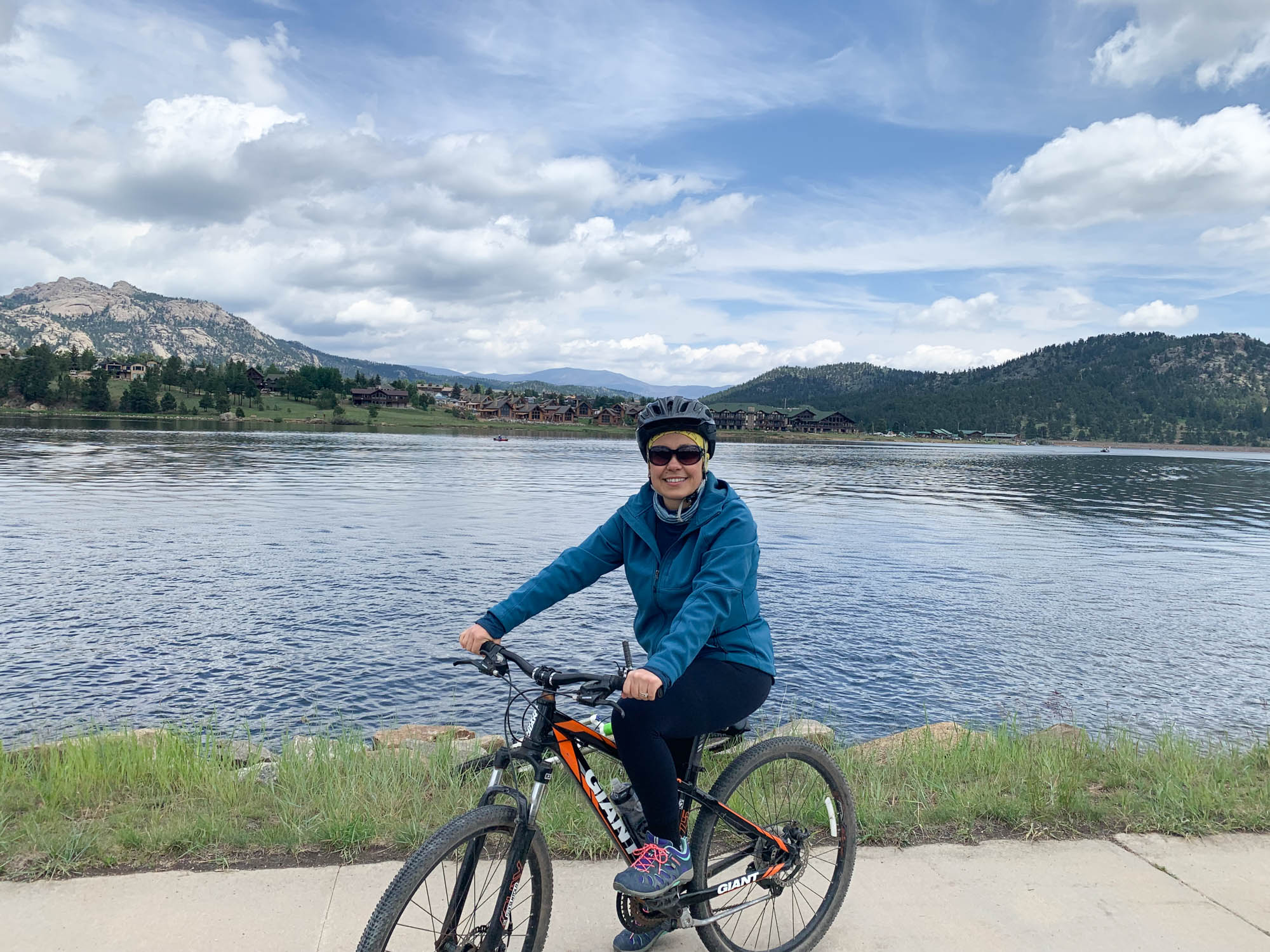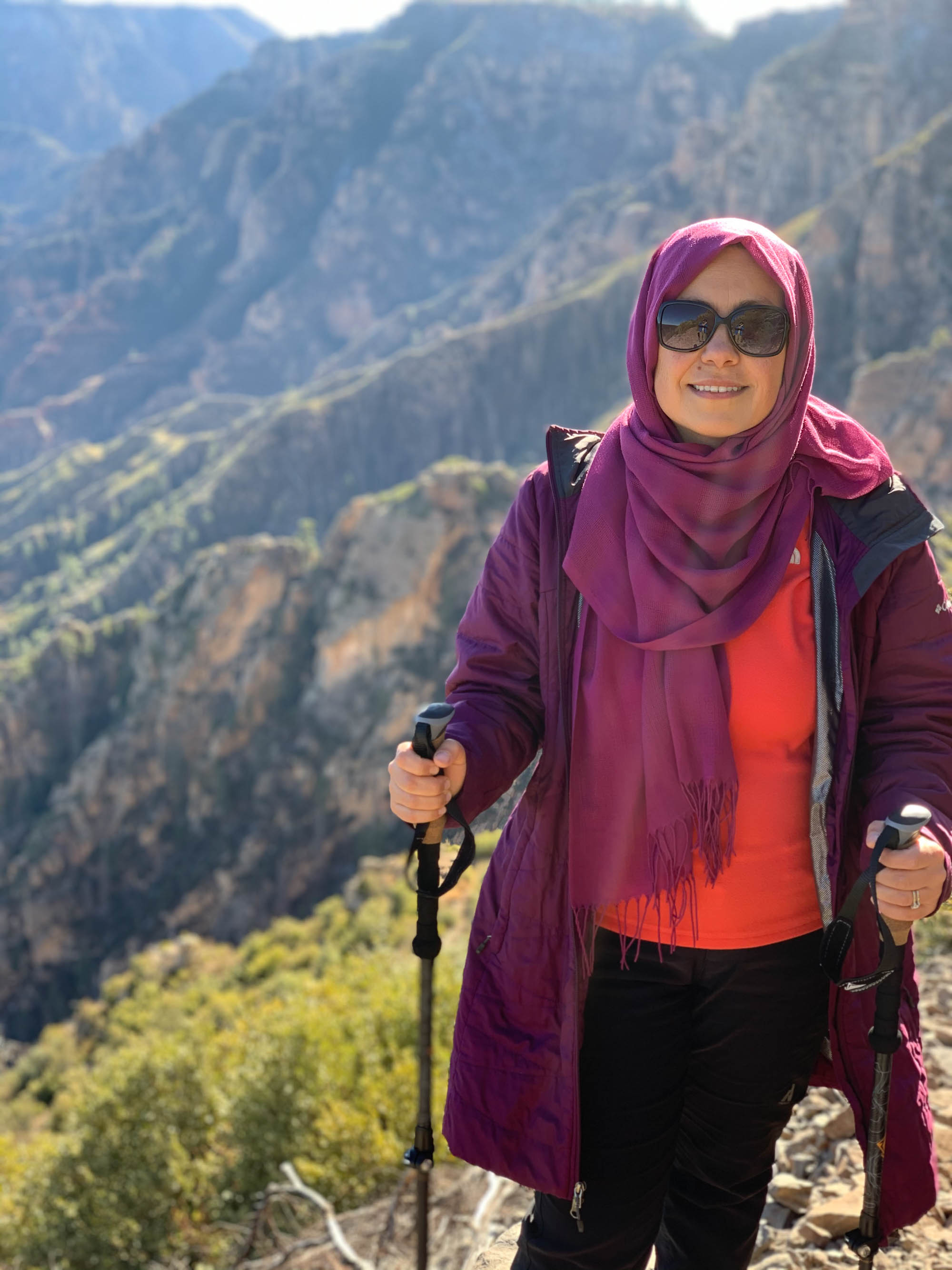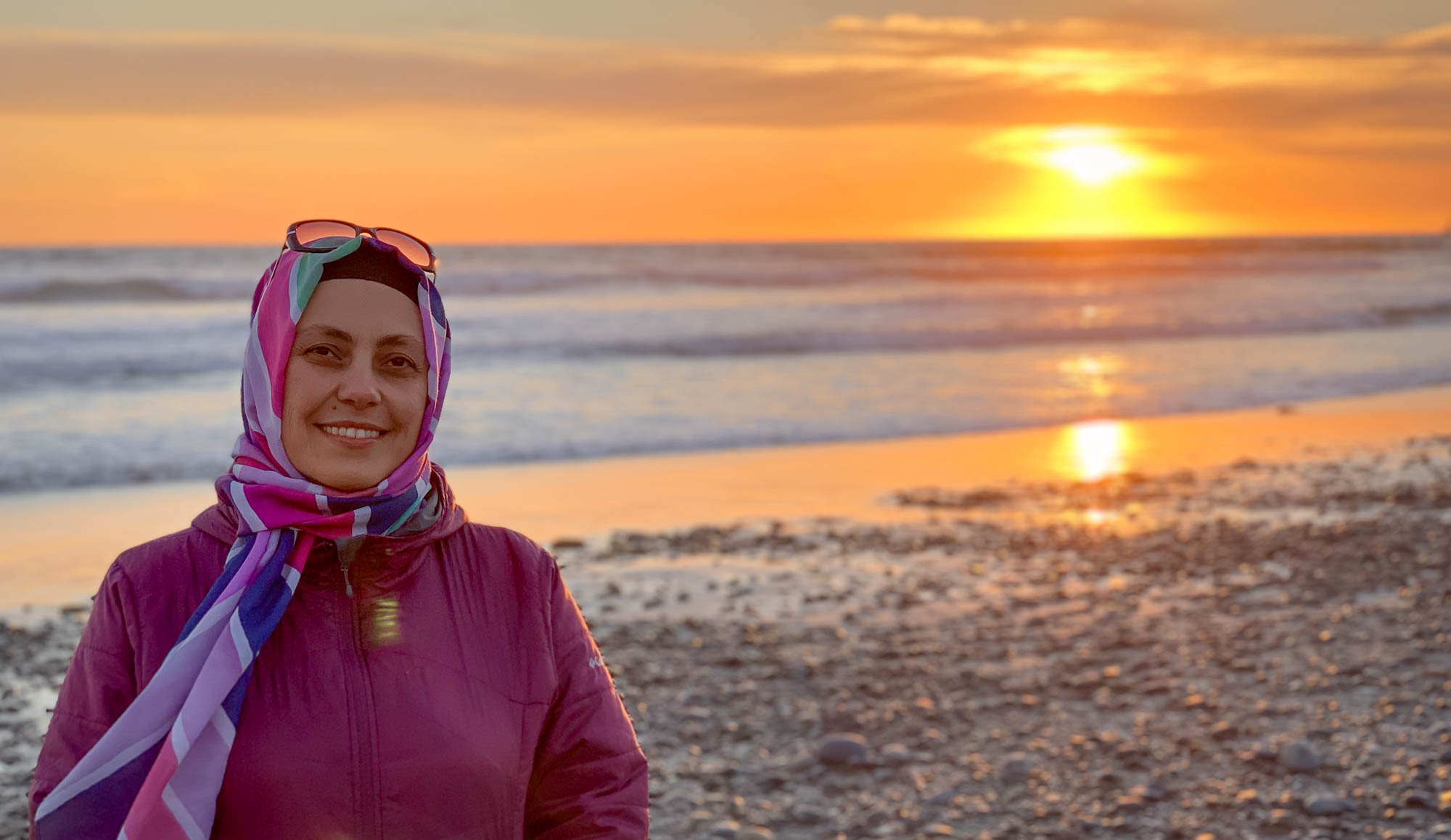
CEE Spotlight: Fethiye Ozis
By CEE DEI Committee
Hometown/County: Isparta, Turkey
What drew you to Civil and Environmental Engineering?
Simply put coincidence. In Turkey, all high school seniors take a National College Entrance exam on the same day at the same time. Before the exam, I had to make selections for colleges and departments, so out of 18 choices I could list, which was changed a gazillion times, I ended up matching with the top Environmental Engineering Department in the country. And I went with it, as I discovered more and more about the field, I felt that it was meant for me. Especially, air quality engineering was so interesting to me since I believe it is among the basic human rights to have access to clean air, even before clean water. Since air is so essential for our brain and body.
How did/does your identity influence your decision to pursue engineering/STEM?
I grew up in a culture where girls were somewhat given a direction to follow. A highly regarded norm for daughters was to become teachers. In middle school, I fell in love with math because of my teacher. She was so smart and nice; her teaching was so effective. For the first time, math started making sense to me. I wanted to be like her. But I also enjoyed science, especially chemistry.
When I took a profession-placement test, it came out that it would be ideal for me to choose engineering. I am a first gen student; my parents are not college graduates. My uncle was a civil engineer, he was the only one in the extended family to have a college degree. He was very influential on us for making career choices. My cousin had just got into an Environmental Engineering school, and I was thinking that was a great thing to follow. I care about people, I certainly care about the environment, and I am good at Math and Science, so that must be a path for me to follow as well. Little did I know back then my own intersectionality was playing such a big role in all of this.
How did your lens on diversity, equity, and inclusion take shape both as you grew up and as you entered adulthood and academia?
When I look back, I realize that I have struggled with belonging issues throughout my education. I felt out of place in educational settings most of the time. I didn’t feel I was cut for any big dreams. I have never even considered going into grad school, let alone becoming a professor to teach college-level classes until I met my graduate school mentor. Dr. Joe Devinny paved the path for me; by believing in me so that I can even start dreaming about my future.
Keeping that in perspective, I like to pay it forward in any way I can. I like to create an environment for my students to feel that they are welcome, and they belong. I want them to see clearly that I care about their growth and future. They should feel staying true to themselves is the best thing to do for their future endeavors.
What positive experiences have you had at CMU that you would hope others would have?
I appreciate the openness surrounding DEI issues, we are on a journey all together as a community. We are all learning and growing. I am part of the Provost’s Inclusive Teaching Fellows for AY 22-23, I have been inspired by my colleagues at CMU. My Eberly Center consulting team has been incredibly helpful for re-thinking belonging and implementing growth mind set in my classrooms.
In your position as a faculty member, how do you advocate for inclusion?
Thinking about my own intersectionality and my own sense of belonging issues made me realize that most of the time, I am not comfortable when people judge me right away based on my visible identity without even giving me a chance. If they could go past visible identities (barriers in this case), they could really see who I am, and what I like, and then it becomes a lot easier for me to start making connections and feel that I belong.
As a faculty member, I should do the same to my students, be aware of unconscious bias, and not be quick to judge them. Belonging is directly related to acceptance. Our students’ sense of belonging would improve when they know that they are accepted just the way they are. Beyond all, they should be accepted as human beings (individuals), by looking past their identities (both visible and invisible, but especially visible ones).
I educate them about intersectionality, visible and invisible identities, and who we are is shaped in many different ways, not just by visible identities. I make sure to give everyone a chance to express their thoughts, ideas, and identities -if they prefer- in a safe and respectful environment. I strive to establish that respect as a core standard of my classroom from day one.
Do you have any advice for incoming (students, faculty, or staff)?
Surround yourself with people who care, and who are willing to invest in the changes that they like to see in the world.
